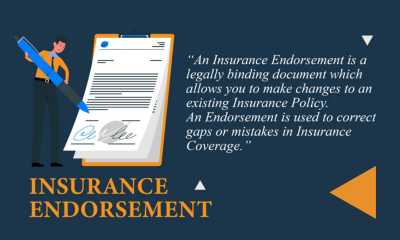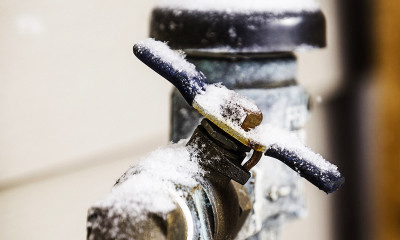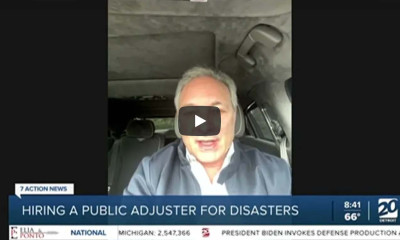All states have agencies overseeing the insurance business, and each agency has a complaint division that gets involved when claimants have trouble with insurers. It’s quite rare for the agency to intervene in individual claims, but in this guide, we’ll explain how and when to file a formal complaint.
When to File an Insurance Complaint
There are certain circumstances in which complaints to the state insurance department may bring results, including when the insurance company’s adjuster:
- Refuses to make a settlement offer
- Provides misleading or false information, or engages in unethical conduct
- Delays making an offer, makes an absurdly small offer, and declines to offer an explanation.
Conversely, you shouldn’t file a complaint when the insurer has made an offer, but you disagree on the value of the claim.
Mention the Potential Complaint to the Adjuster
If the situation calls for a formal insurance complaint, simply mentioning it to the adjuster may encourage them to make a fair settlement offer for your property damage claim. Although the state insurance board isn’t likely to become involved, their adjusters would prefer to avoid complaints if possible. Excessive complaints can bring department inquiries, and adjusters don’t want to have such complaints on their records. However, when you have a Public Adjuster on your side, you’re more likely to receive a fair offer and less likely to file a complaint.
Filing the Formal Complaint
If mentioning a prospective complaint doesn’t produce results from the insurance adjuster or their supervisor, it’s time to file.
The first step is to find out whether there’s a specific complaint form and where to send it. It’s easy to find the state insurance department’s phone number, form, and website with a quick Google search.
If there’s no complaint form, your letter should include the accident date, names of those involved, a description of the claim, the claim number, and an explanation of the difficulties posed by the insurance adjuster. It’s important to document conversations with adjusters, both public and private, and to keep copies of all correspondence so the insurance department’s investigative team will know the basis for the complaint.
The speed and quality of the state insurance department’s response may vary according to your location. In some areas, every complaint gets attention from the consumer affairs board, but in others, complaints are addressed only if the office finds blatant misconduct or they’ve received many other complaints about the same company or adjuster.
What You’ll Accomplish With Your Complaint to the Insurance Board
A complaint to your state’s insurance department may accomplish multiple things. First, the insurer’s claims department (other than the adjuster who handled the claim) will know that there’s someone who will do what’s necessary to get a reasonable settlement. That alone may encourage the company to re-evaluate your claim and arrive at a fairer offer. Additionally, because formal complaints create additional work for insurers, they’ll make more of an effort to settle. With help from the state insurance department’s investigative team and your public adjuster, you’re more likely to get the settlement you deserve.
Business Owner’s Guide to Getting the Most for Your Property Insurance Claim
Dealing with a disaster recovery for your business is no easy task. Download our Disaster Recovery tips as a resource to help you through the turmoil.













